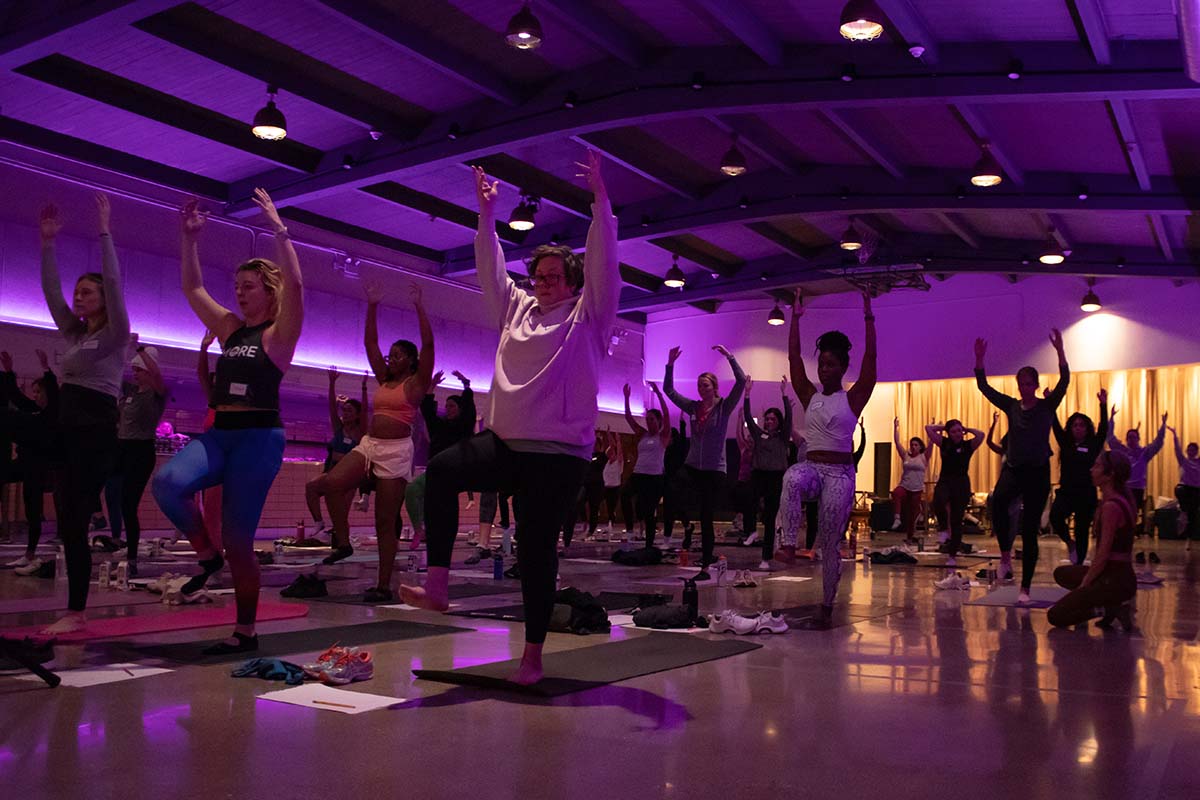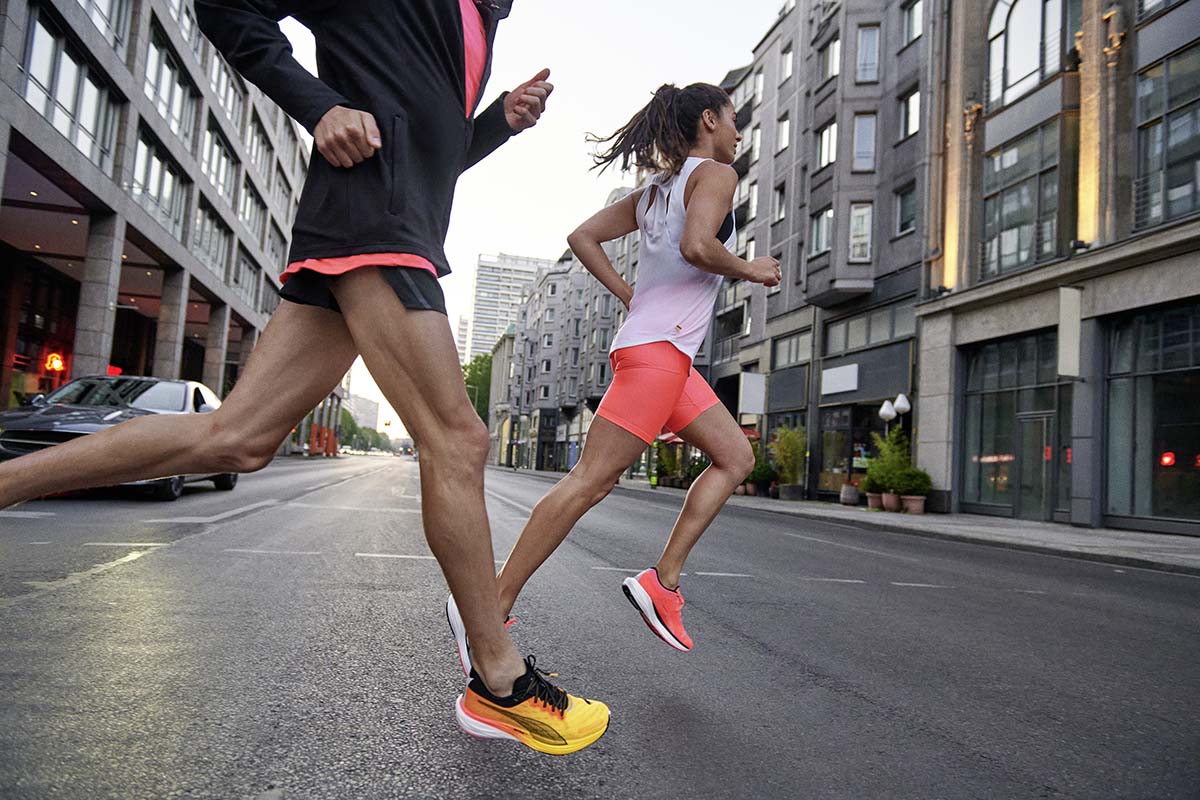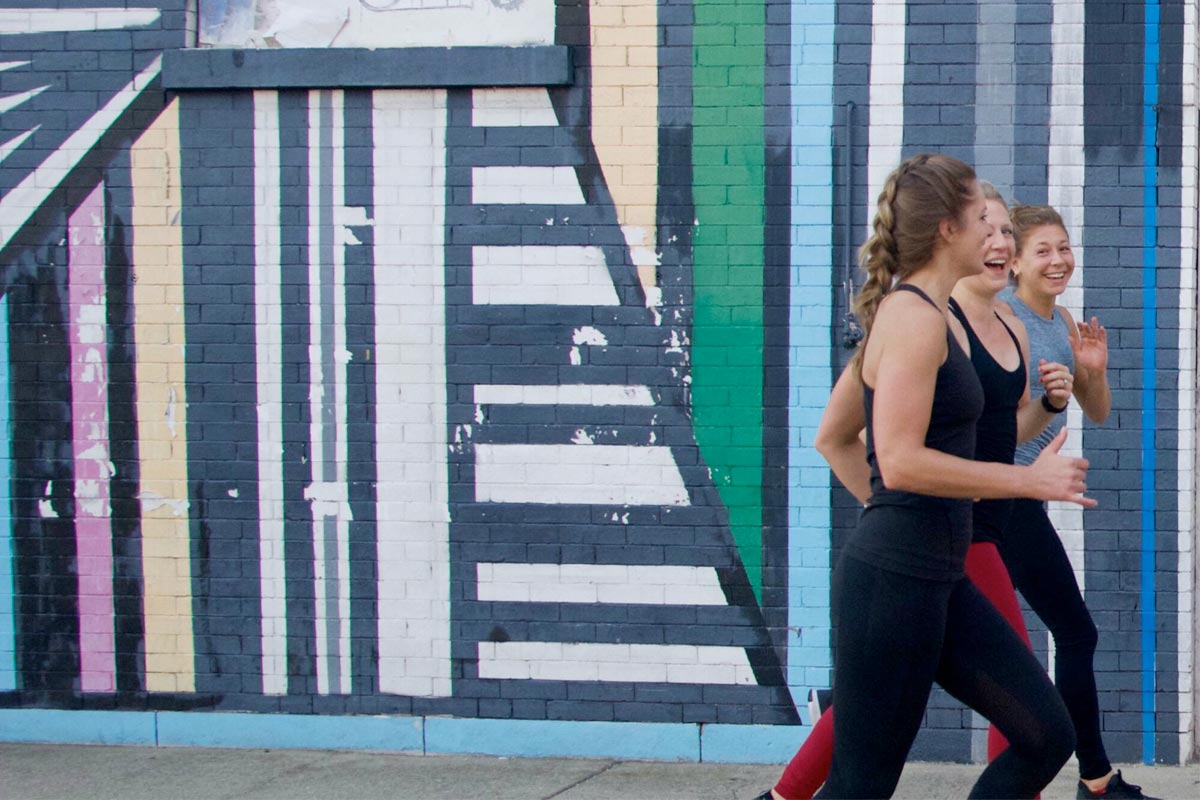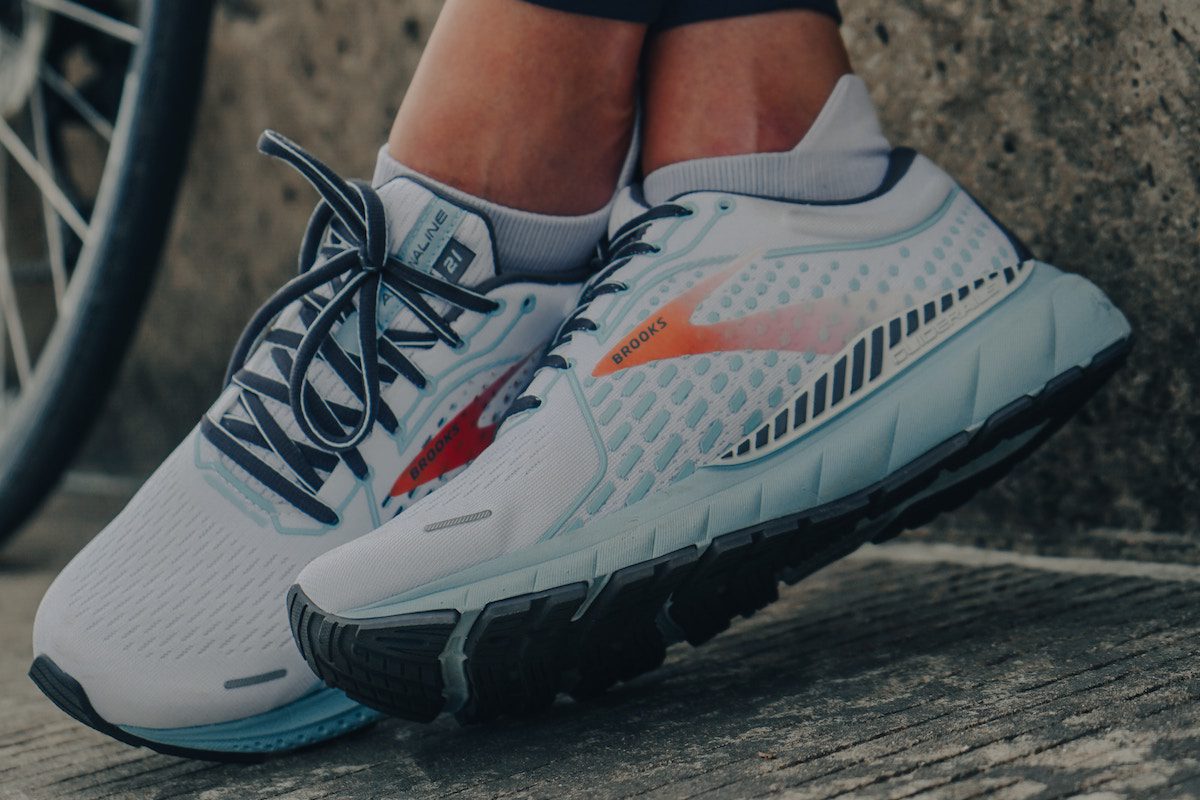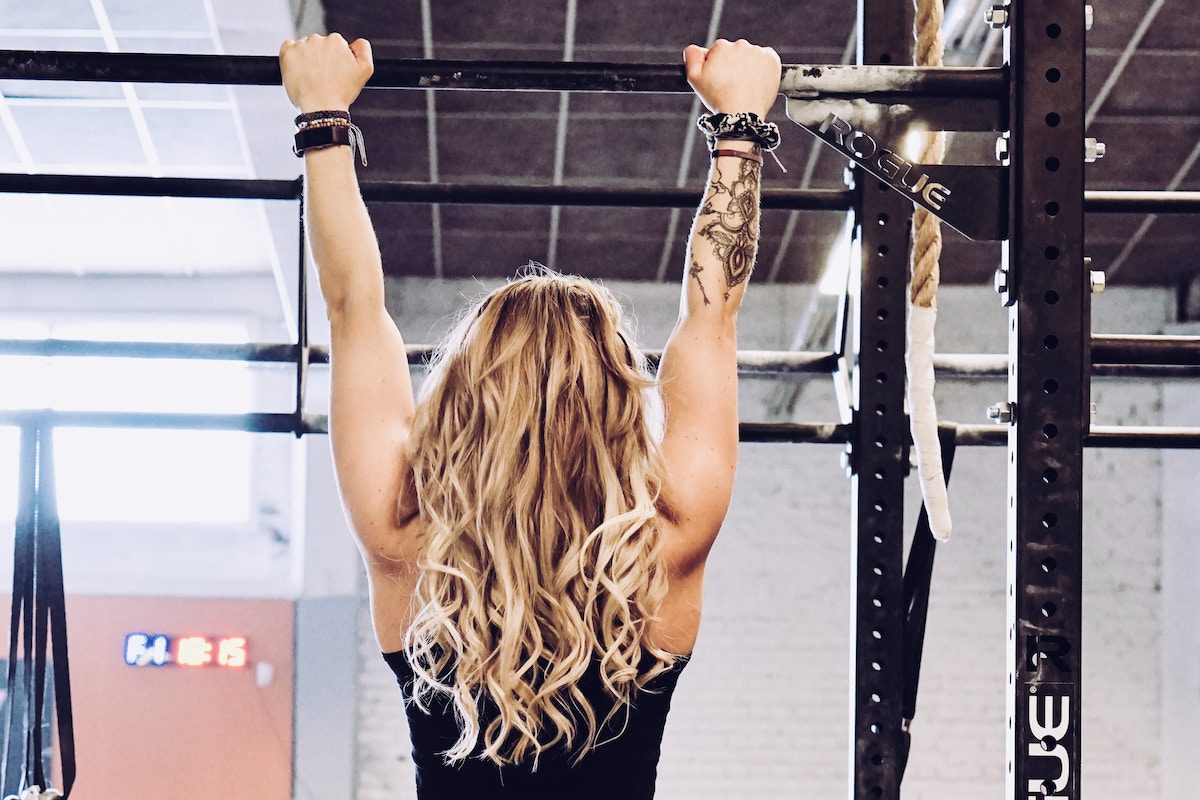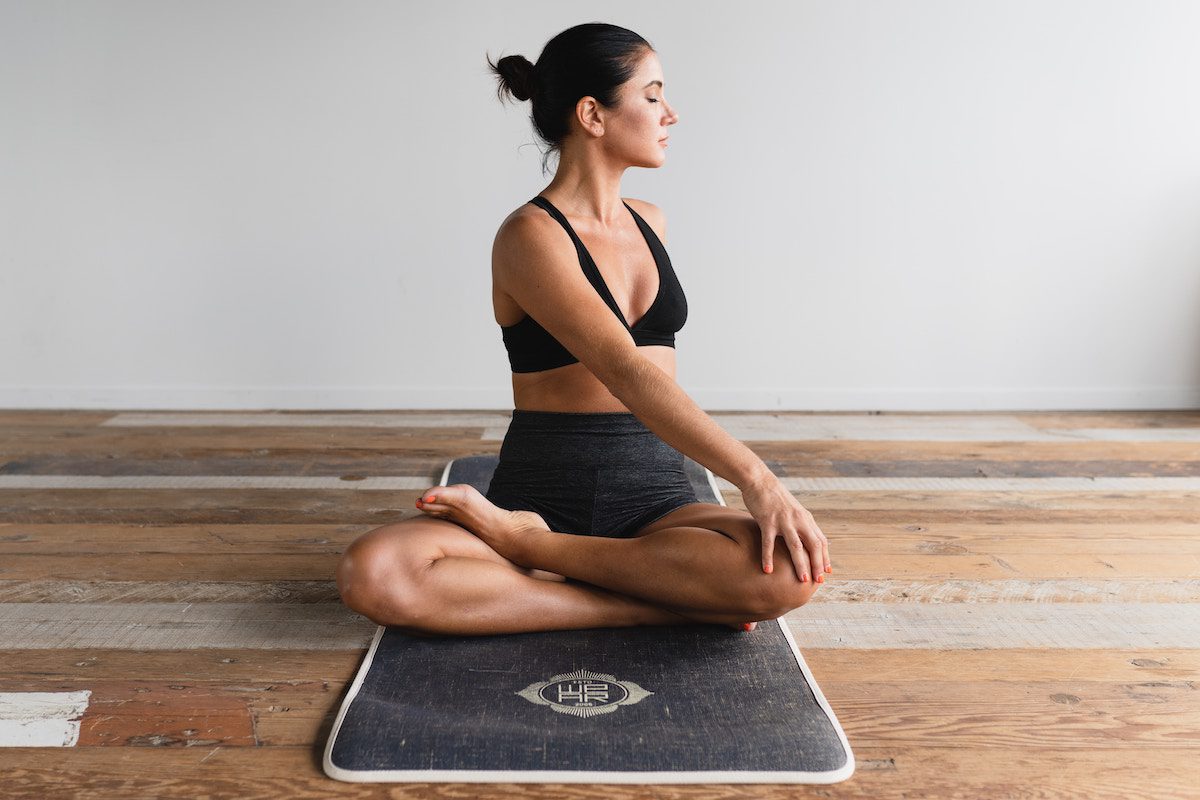How To Strengthen Your Pelvic Floor Before & After Pregnancy
When you’re pregnant, there is plenty to mull over. From deciding when to announce your pregnancy to taking a prenatal vitamin, shopping for maternity clothes to picking a baby name, there’s no shortage of things to think about. Some women also research baby products, document their pregnancy in a journal, take maternity photos … the list goes on.
With everything happening in a pregnant woman’s life, it’s a wonder if she finds time to work out and stretch every area of her changing body. But if all else fails, exercises to strengthen your pelvic floor are the one type of exercise that shouldn’t be ignored.

What is the pelvic floor?
In simplest terms, the pelvic floor contains muscles that hold the pelvic organs. According to the website of Beyond Basics Physical Therapy in New York City, these muscles “assist in urinary and fecal continence, aid in sexual performance (orgasm), stabilize connecting joints and act as a venous and lymphatic pump for the pelvis.”
During a recent phone interview, Dr. Jessica Shepherd — an OB/GYN and women’s health expert — she outlined the significance of strengthening the pelvic floor both during and after pregnancy. Shepherd is also the director of minimally invasive gynecology at the University of Illinois at Chicago and the founder of Her Viewpoint, an online forum for women to discuss topics that are traditionally considered taboo.
Why strengthen your pelvic floor?
“During pregnancy, there are a lot of changes in the ligaments and muscles in the upper pelvis,” Shepherd said. “Because of those changes, it is important to do pelvic training. It keeps the pelvis engaged and healthy.”
Indeed, as Pregnancy, Birth & Baby notes, if you have weak pelvic floor muscles, “you may find that you leak urine when you cough, sneeze or strain.” The site adds that this is known as stress incontinence and can continue after childbirth.
If you’re looking to strengthen your pelvic floor, Shepherd recommends a few exercises, including squats and pelvic raises. She added that yoga and pilates are also helpful, and that women should consult a physical trainer with any questions on correctly doing such activities. Healthline also suggests the “bird dog” and “tabletop” exercises.
How do you make sure you’re doing it right?
Dr. Elizabeth Bourlas, a physical therapist and women’s health specialist, said it’s pertinent to avoid cheating while performing exercises like kegels. Don’t rely on accessory muscles such as glutes or thighs to compensate. While doing kegels, ask yourself questions like “Can I contract without using other muscles?” and “Can I contract and hold it?”
But Bourlas also cautioned against only doing kegels. They aren’t the be-all-end-all exercise, and they aren’t going to solve every issue.
“Pelvic muscles can be tight because other muscles in the area — like the core or hips — aren’t working great,” she said. “And then if you end up doing kegels, you can actually end up causing pelvic pain.”
Instead, she advised including the transverse abdominis (or lower abs) in your workout. The pelvic floor muscles can’t be exercised in isolation. They need their teammates, or other nearby muscles, to function.
Overall, doing these types of techniques can “help a woman’s pelvis return to normal postpartum,” Shepherd said.
Longer term, pelvic training can assist with conditions like urinary incontinence and can help decrease other painful symptoms.
“It’s very important that women understand their pelvis changes a lot during pregnancy,” Shepherd concluded. “They should seek help if they have issues.”


